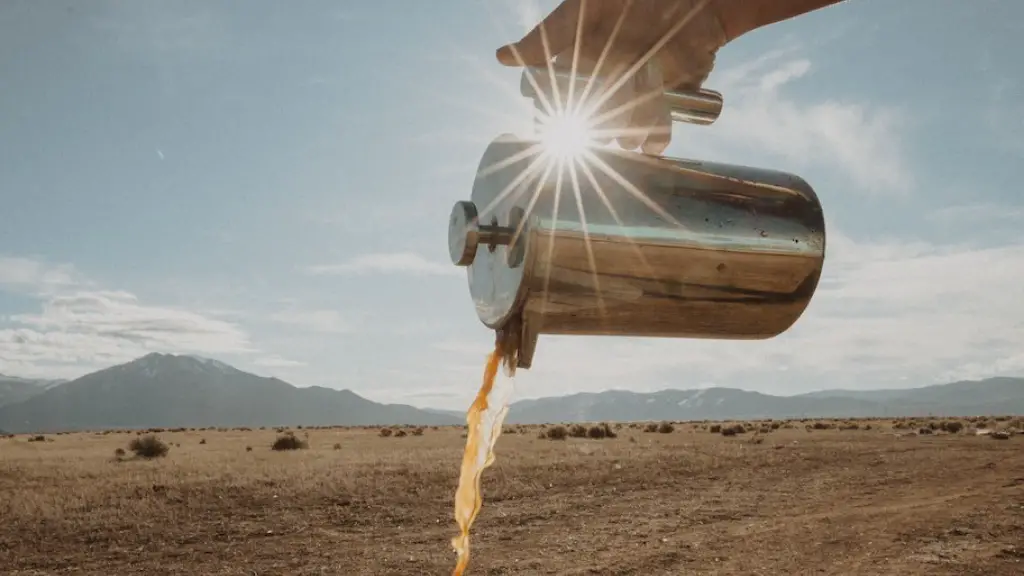According to experts, a healthy and balanced lifestyle is essential after a hair transplant. This includes avoiding caffeine-rich drinks such as coffee to allow the body to heal quickly. Experienced surgeons advise that drinking coffee after a hair transplant could damage the healing scalp and roots, which could potentially lead to an unsuccessful result. It is best to wait around a month after the hair transplant to begin drinking coffee.
Embarking upon a hair transplant journey can feel daunting and confusing as it involves several months of recovery and many lifestyle changes. Coffee is a popular social beverage among people of all ages; it is full of antioxidants and its potent aroma is often pleasing to the senses. Many of us understand our daily cup of coffee as a luxury, rather than a basic necessity. But it is important to weigh up the pros and cons when it comes to our daily lifestyle habits before and after a hair transplant.
The body needs to be in the best condition possible during this journey. This will help to optimize the result of your hair transplant and the amount of growth achieved. After the transplant, the scalp becomes very sensitive and the implants take a while to settle into the scalp and start to regrow. Drinking coffee can have a direct effect on both the healing skin as well as on the hair grafts. Coffee is known to be a diuretic, which means it can drain the body of much-needed hydration – something essential for fast and successful healing.
Although there are conflicting opinions on the effects of coffee after a hair transplant, most agree that the ideal advice is to refrain from consuming it for at least the first three weeks. The amount of time depends on the person, the type of hair transplant, and the extent of the procedure. Generally speaking, it is recommended to wait at least four weeks before drinking coffee – this is to give the body and the hair grafts time to settle, and for the scalp to heal.
It is not recommended to completely eliminate coffee from the diet completely because it can have many health benefits. Coffee is well known for its antioxidant properties, as well as for its potential to boost the brain’s performance. So it is perfectly acceptable to begin drinking coffee again after the hair transplant, just in moderation – a cup a day is enough. It must be noted however, that consuming too much coffee can cause restlessness, increased heart rate, and even insomnia – all of these side effects can lead to stress which can have a big impact on the body while trying to heal.
In conclusion, drinking a minimal amount of coffee can become a part of the lifestyle post-transplant, but it should not be abused. It is recommended to wait at least four weeks before reintroducing coffee into your daily routine. It is essential to always monitor the body’s reactions to the changing lifestyle, so it can adjust to the post-transplant journey as quickly and as effortlessly as possible.
Hair Care After Hair Transplant
When it comes to taking care of hair after a hair transplant, the most important thing is to ensure that your scalp is kept clean. This includes carefully cleaning the scalp with a mild shampoo and avoiding too much sweating or exposure to dirt or dust. It is also important to avoid manipulating and over-styling the scalp too soon, as lifting, tugging, or pulling at the newly implanted hair can cause damage and ultimately lead to the growth process being compromised.
It is essential to take into account the body’s individual needs after a hair transplant. Hair transplant experts advise avoiding any extreme heat treatments, such as deep curls, straightening, blow drying, or any other chemical treatments. The scalp also needs to be protected from the sun’s powerful UV rays and anything else that could potentially damage the new hair. The use of hair styling products must also be kept to a minimum and when used, it is important to choose products that specifically target post-transplant hair.
Additional hair care can also help to boost the success of a hair transplant, such as eating a balanced diet and reducing stress. Many hair transplant doctors recommend massaging the scalp on a daily basis in order to stimulate the scalp and promote new hair growth. This massage technique helps to ensure that the hair follicles are properly irrigated with blood, oxygen, and necessary nutrients which are essential for the healing and regrowth process.
Q&A About Drinking Coffee After Hair Transplant
What type of coffee should I drink after a hair transplant?
It is best to choose a decaffeinated coffee as it will contain fewer caffeinated ingredients which can interfere with the healing process. Decaffeinated coffee can also provide the antioxidants and the taste we love without the stimulants or the potential unwanted side effects.
How much caffeine is too much for my post-transplant care?
It is recommended to keep the caffeine intake to a minimum, as some people are more sensitive to it than others. Ideally, no more than one cup of coffee a day is best. It is also recommended to avoid energy drinks or other caffeinated beverages including tea.
When can I start drinking coffee after my hair transplant?
It is best to wait four weeks before drinking coffee again. This is to give the body and the hair grafts time to settle, and for the scalp to heal. If a person can’t go without their daily cup of coffee, they should consider a decaffeinated option.
Side Effects of Drinking Coffee
Drinking coffee has a variety of side effects depending on the individual. Coffee can be beneficial for the body and mind in moderation, however it can also be addictive. Caffeine is a powerful stimulant and drinking too much can lead to palpitations, agitation and sleeplessness. Additionally, overconsumption of coffee can make a person feel anxious and cause nervousness. Too much coffee can also lead to dehydration, as it is a diuretic.
Although coffee can be beneficial for health, it should be consumed with caution. It is important to remember that the body needs to be in its best condition post-transplant in order to optimize the result. Therefore, drinking coffee should be done in moderation and in accordance with the advice that a medical expert provides.
Advantages of Drinking Coffee
The benefits of maintaining a moderate amount of coffee in the diet are countless. Caffeine is well known for its health-boosting properties: it can enhance focus and alertness, as well as improve energy levels. In addition, coffee beans are full of antioxidants, it has anti-aging properties, and can increase sports performance. Coffee likewise has the ability to reduce inflammation and promote a healthy digestive system.
Coffee can also help to lift moods, boost creativity and it can even help to prevent some diseases. Despite the potential effects of caffeine when consumed in large quantities, an evidence-based diet including moderate amounts of coffee can be beneficial for overall wellbeing.
Timing Of Drinking Coffee
When it comes to choosing the timing for drinking coffee, it is best to find a balance in the daily lifestyle and make sure not to overdose on caffeine. A good rule of thumb is to avoid drinking coffee too late in the day as this can lead to sleep disturbances. Instead, it is best to limit the consumption of coffee to the hours between breakfast and lunchtime. Doing so will allow the body to have a break from caffeine intake in the late afternoon and evening, allowing the body to wind down and get ready for a deep sleep.
Coffee breaks and regular coffee dates are popular social outings, and a great way to spend time with friends and family. After a hair transplant, it is important to remember to enjoy coffee in moderation, at the right time and within the recommended parameters. Doing so can help to ensure that the body has all the necessary fuel to heal quickly, and optimize the outcome of the hair transplant.




